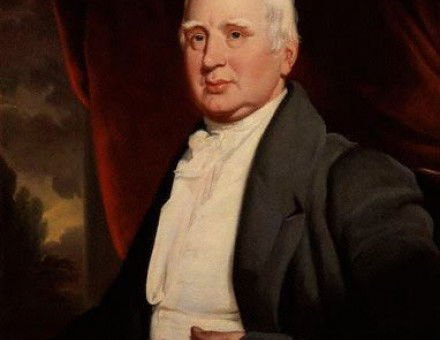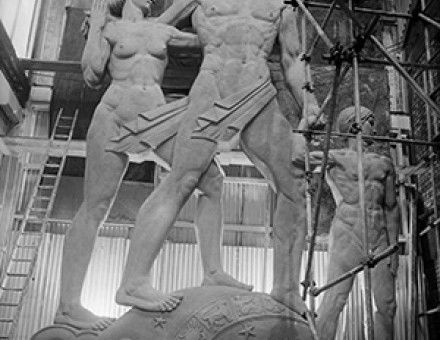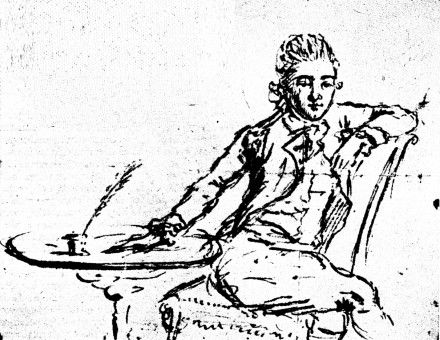The Marriage of George III
One of the longest and happiest, though least fortunate, of British royal marriages was solemnized in 1761. It had been preceded by a lengthy search which, writes Romney Sedgwick, the King himself inspired and conducted, through all the eligible princesses of Europe.






